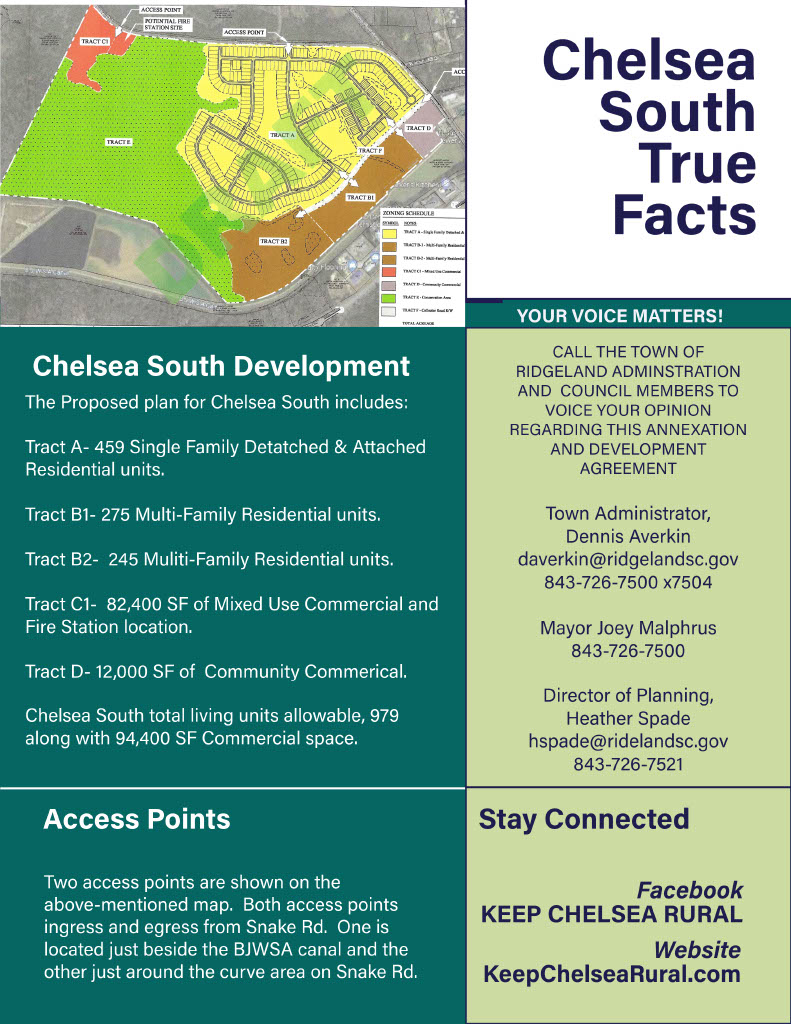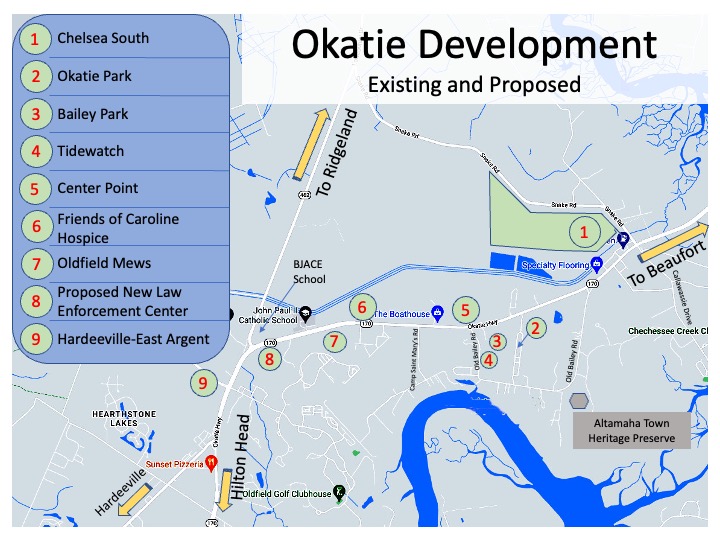What is annexation?
Annexation is the legal process used by municipalities to expand their borders and increase populations bybri nging additional land under the municipality’s governance.
How can annexation be helpful?:
Doughnut Holes: A doughnut hole is a property or cluster of properties under county governance that is surrounded by city properties. It makes sense, practically and economically, for the city – rather than the county – to provide services such as police, water, sewer and garbage pick up to these properties that are within its geographical borders.
Smart Growth: Annexation also makes sense when a city or town accommodates future growth by incorporating land and approving development that can be serviced by existing infrastructure. Communities have established “urban growth boundaries” or “urban service boundaries.” These boundaries clearly delineate between urban/suburban areas with existing infrastructure where annexations make sense – and rural areas without services where annexations do not make sense.
What not to annex: Rural & Ecologically Sensitive Areas: Unwise annexations occur when a municipality annexes property in remote, rural areas outside of urban growth boundaries and/or without existing infrastructure to provide reliable and affordable services to residents or potential residents.
The opportunity: To protect keystone rural parcels that would halt the march of encroaching development and thereby protect productive wetland systems, wildlife habitat and working farms, forming a vibrant rural greenbelt by focusing in Beaufort and Jasper Counties. Chelsea an example of a large keystone property between the growing Bluffton, Okatie and Ridgeland communities.
The threat: Annexation and up zoning on 1500 acres of Chelsea, known as Tickton Hall, upends comprehensive plans and threatens the rural nature and communities within the 462/Snake Road area and larger Broad River Corridor.
Why this matters: Annexation and upzonings make it more difficult for the county to provide services to an otherwise rural community. New upzonings and development pressure could tax rural, lower income residents off their land. This could also create conflicting side by side land uses – a duplex could be located next to a rural working farm. Suburban growth, especially on the edge of a town, rarely pays for itself. Infact, while some towns praise new development as being good for the economy, annexation rarely results in the lowering of taxes and can often distract from the needed existing services within the existing community.
Questions abound:
• What are the needs within the Town of Ridgeland and how/can they be met before welcomingnew development on the edge?
• Where will development/land protection/infrastructure occur?
• How will the town service this development without compromising the existing town residents, businesses and neighbors?
• Is more growth down 462 imagined? With the vested rights already existing in planned developments like Genesis and Moultrie, where will development stop?
Tickton Hall has it all: a rural landscape, healthy forests, impoundments, wetlands, historic and cultural resources, healthy river edges, cemeteries and a public boat landing. These resources need protection for the public benefit and development and annexation without thorough consideration of all of these resources for all people is hasty, short-sighted, and not in the best interest of Ridgeland and Jasper County.






